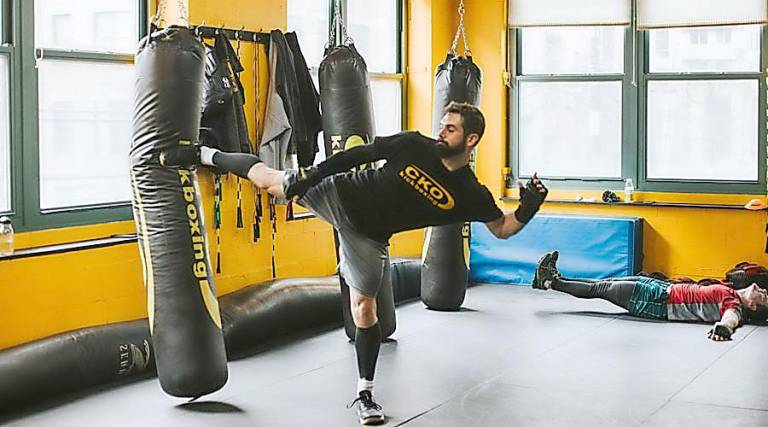Governor pushes back against Franklin kickboxing studio
Franklin. Gov. Murphy has asked a judge to deny CKO Kickboxing’s move to reinstate its complaint. The studio says Murphy failed to comply with the compensation requirements of the Disaster Control Act when he ordered non-essential businesses to close because of COVID-19.


Attorneys for Gov. Phil Murphy are pushing back against a Franklin kickboxing studio that has challenged the governor’s COVID-19 shutdown order.
Murphy asked a Morris County Law Division judge to deny the studio’s motion to reinstate its complaint against the governor.
Attorneys for JWC Fitness LLC, which does business as CKO Kickboxing, asked the judge on Oct. 2 to reconsider the court’s dismissal of CKO’s case. On Sept. 30, Judge Stuart A. Minkowitz of the Superior Court, Law Division of New Jersey’s Morris/Sussex Vicinage ordered that the case be dismissed from the Law Division and said it could be refiled only as a new complaint within the Appellate Division of Superior Court.
The JWC attorneys, led by Robert W. Ferguson of the firm of Stern, Kilcullen and Rufolo, and Catherine M. Brown of Denville, argued that the judge should have heard from the parties first. The judge should have transferred, not dismissed, the case, they say.
“The court and parties are currently debating whether the plaintiff’s case should be heard initially in the Law Division, where most cases start, or in the Appellate Division,” Ferguson said.
Ferguson and Brown filed the initial lawsuit on Sept. 23 on behalf of JWC Fitness owner Darlene Pallay. It challenges Murphy’s executive order that forced the shutdown of New Jersey businesses since March. The initial filing asked for a court-issued judgment against Murphy that he failed to comply with the compensation requirements of the Disaster Control Act when he ordered non-essential businesses to close. According to the suit, the governor is obliged to establish Emergency Compensation Boards in all of New Jersey’s 21 counties during the state of emergency.
Pallay was forced to shut down on March 16. Beginning in June, she was able to hold classes outdoors with special provisions. When indoor classes were allowed at 25 percent capacity starting on Sept. 1, Pallay, said meeting her monthly commercial rent payments was difficult under such restrictions.